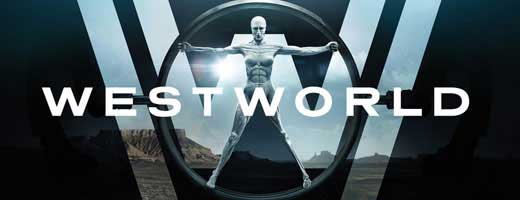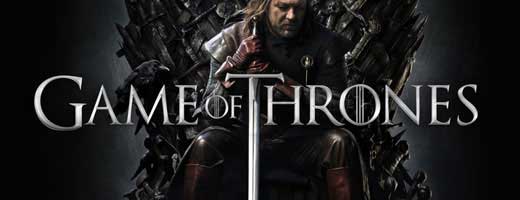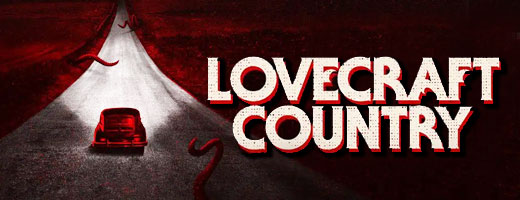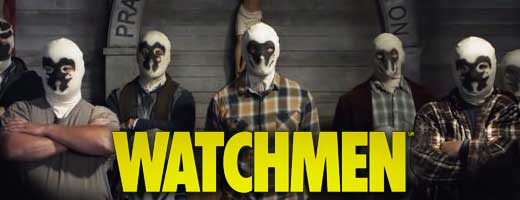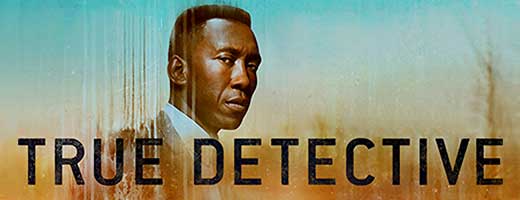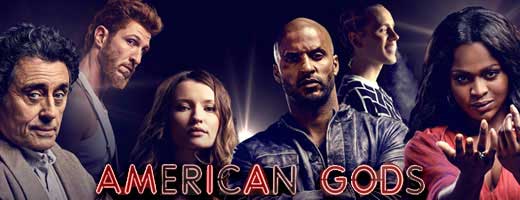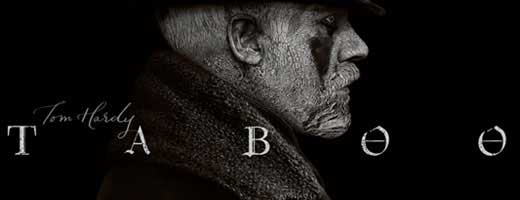A Second Email … Sorry

Have a Theory? Share It Now!
So, I know, this is my second email, and I apologize. I figure you get a ton, so I apologize for giving you something extra to read, but I wanted to provide context to the paragraph in my initial email regarding race. I woke up at 5 a.m. thanks to a car alarm next door, and I couldn’t go back to sleep , so I started to process what I wrote for one of my classes to discuss with regard to the way race and race issues are portrayed in the media. I thought I would share with you all, as well, to not only provide context to what I meant about the danger of presenting racism like they did in this episode, but also because I’m genuinely curious what you all think. I’ll keep it brief, I promise… Well, as brief as I know how to be.
It became clear in episode one that race would be an underlying theme this season (as I talked about in my initial email and y’all have discussed before). What was so brilliant about the first two episodes was how subtle these references were. We had that great moment between Wayne and Roland in the car in the first two, where we knew in that moment that they both realized that Wayne would always be recognized as less than because he wasn’t part of the white majority on the force. The same can be said of the way Amelia was handled and her standing in such a predominately white community (or at least has been portrayed as predominantly white). The way the show runners and even the director of the first two episode approached these issues was (as I said) subtle, coded, effective in its approach.
Then, we have this episode. There is the terrible use of the term “pickaninny.” Then, Tom Purcell says the “N” word. There is that moment in the car between Wayne and Roland about the “irritate Negroes.” There is the uncomfortable laughter between the two. We literally move from hints to full on slap in your face racism. Now, I am not saying we shouldn’t see the racism. I’m not saying we shouldn’t have to deal with it as an audience, or that our characters shouldn’t have to deal with it in the show. In fact, I believe quite the opposite. I think it would be horribly short sighted and “white washed” to present a show about an African American cop in the 1980’s and 1990’s in a seemingly majority white community without addressing race. But the issue I have is two fold.
One, the show did not earn the switch from subtle to full on in the face racism. It is too dramatic of a switch. It seems clunky to craft a script that changes things from subtle undertones and racism ingrained in social cycles and authoritarian power relationships to full on, obvious racial slurs. I’m fine with showing us that ugly side and those terrible words and the power they yield, but this brings me to my second problem. If we are going to have such overt racism, we have to deal with it. When it is subtle, the discussion doesn’t need to be had because it is implied that the characters and we all recognize it, but part of the subtlety is that we don’t directly address it. The same can’t be true of such overt overtones and slurs. It has to be dealt with… it can’t just be another scene. It’s a lost opportunity to explore the effects of such racism on Wayne, his career, the career’s end and Roland’s ascension. There is so much left on the table… the resentment Wayne must feel toward Roland for starters. Instead, we get cut to another scene. There is not a consequence. There is no lasting effect. We just move on to another moment that is unrelated. It’s a little disorienting and sadly a missed chance to have some great meat for Wayne and Amelia to chew on and expand their characters.
I think, overall, it is a failure of Pizzolatto as a show runner, and mostly as a writer. He has had problems in the past dealing with subtlety like this. More so, though, he has trouble connecting points. Think about season one. We all were obsessed with the Yellow King… obsessed with the occult mentions, and, in the end, a lot of us (including myself) were let down by the ending. Let down by what turned out to be a mundane solution to a crazy journey, where the journey is what is remembered fondly rather than a kind of clunky ending.
That aside, though, with regard to race, what I’ll be talking about with my class is a problem Hollywood finds itself in, where we have shows and movies written about race and the effects of race on social interactions, directed, and often produced by white people often for mostly white audiences. In this case, you have Pizzolatto and David Finch writing, and Pizzolatto directing. Both white guys addressing very non white issues… maybe that’s part of the issue?
It doesn’t take way that I adore Ali and his performance. And Dorf is killing it too… I don’t hate this season. I really don’t. I just wish it were better. I wish it were more solid, more interesting and didn’t squander opportunities to explore issues that are important to explore and add to the character studies Pizzolatto is so great at crafting. For the real reason I watch TD is the character studies included in a who done it that winds up being a lot less interesting that the exploration of the human condition and the way tragedy affects such a condition.
Anyhow, rant over. Here’s hoping next week is better. And please don’t revoke my writing in emails card because I sent two in one week. :).
You guys are great. The show is so-so. But the discussion with you all is fantastic so far, so here’s looking toward the second half of the season and a good conclusion to prove me wrong and make all these hours viewing and writing in worth it :).
-Ash Schlafly
Subscribe Now
- Android: https://shatontv.com/true-detective-android
- Apple/iTunes: https://shatontv.com/true-detective-itunes
Help Support the Podcast
- Support with Paypal – https://shatontv.com/paypal
- Support With Venmo – https://venmo.com/ShatPodcasts
- Shop / Merchandise: https://shatontv.com/shop
- Shop Amazon With Our Affiliate Link – https://www.amazon.com/?tag=shatmovies-20
- Sponsor’s Listener Survey – https://shatontv.com/survey
- Leave an iTunes Review – https://shatontv.com/true-detective-review
- Leave a Voicemail – (914) 719-SHAT – (914) 719-7428
- Feeds & Social Media – https://shatontv.com/subscribe-and-follow/
- Checkout our Movie Podcast – http://shatthemovies.com
